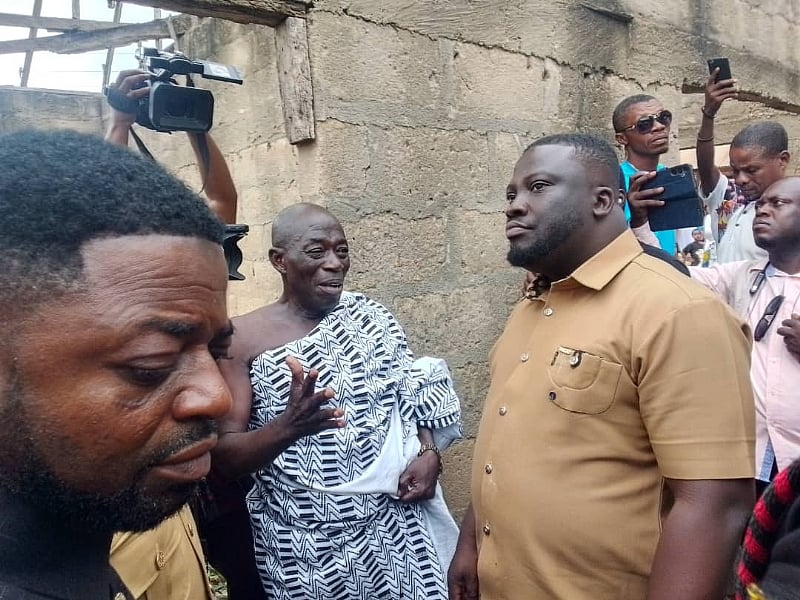The Ashanti Regional Minister, Dr. Frank Amoakohene, has unveiled a government initiative, the Cooperative Mining Scheme, aimed at mitigating the environmental degradation caused by mining activities, particularly the destruction of water bodies and other natural resources. This scheme aligns with President John Dramani Mahama’s declaration of protected areas where mining is prohibited, which include forest reserves, water bodies, cemeteries, farms, roadsides, and settlements. The Cooperative Mining Scheme seeks to enforce these restrictions and promote responsible mining practices within communities. Dr. Amoakohene articulated that the scheme would effectively curtail illegal mining activities that often lead to environmental damage by mandating reclamation efforts by miners immediately after operations are completed at a particular site.
The Cooperative Mining Scheme is structured to provide opportunities for individuals without mining licenses. Dr. Amoakohene encouraged interested parties to form cooperative mining groups comprising five to ten members, register with their respective District Assemblies, and subsequently receive financial support from the government. This cooperative approach is intended to formalize small-scale mining operations, making them more accountable and environmentally sustainable. By providing a pathway for legal mining, the scheme hopes to discourage illicit practices and ensure the long-term preservation of natural resources.
During a working visit to the Atwima Mponua District, Dr. Amoakohene inspected several ongoing governmental projects, including the Agenda 111 hospital and sports stadium at Nyinahin, a modern police station at Kotokuom, and the Afari Military Hospital in the Atwima Nwabiagya South Municipality. This visit underscored the government’s commitment to infrastructural development and enhancement of essential services within the region. The projects inspected represent investments in healthcare, security, and recreational facilities, aiming to improve the quality of life for residents.
Beyond project inspections, Dr. Amoakohene engaged with the staff of the District Assembly, emphasizing the importance of hard work, commitment, and efficient service delivery. He announced his intention to conduct unannounced visits to various Assemblies within the region to assess individual and departmental performance, focusing on critical areas such as sanitation, punctuality, and regularity. This proactive approach reflects the Regional Minister’s dedication to ensuring accountability and optimal performance within the administrative structures of the region.
Mr. Ibrahim Issahak, the District Chief Executive (DCE), expressed the Assembly’s and the government’s commitment to collaborative efforts aimed at completing inherited projects and implementing new ones for the benefit of the people. He stressed the importance of unity and cooperation to achieve successful implementation of governmental policies, ultimately improving the livelihoods of all residents. The DCE’s emphasis on collaborative efforts highlights the importance of shared responsibility and community participation in driving development initiatives within the district.
Nana Amampene Boateng Twum, chief of Nyinahin, expressed gratitude for the Minister’s commitment to completing projects initiated by the previous government, recognizing the tangible benefits these projects would bring to the community. He also appealed for expedited completion of the arrangements for the bauxite project in the area, highlighting its potential to create employment opportunities, stimulate the local economy, generate revenue, earn foreign exchange, and boost exports, benefiting the local population, the District Assembly, the central government, and the nation as a whole. The chief’s appeal underscores the community’s expectation of the economic and developmental opportunities that the bauxite project promises.














